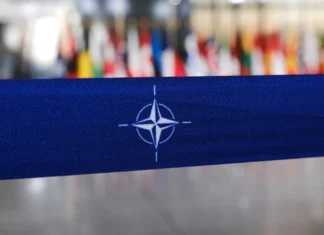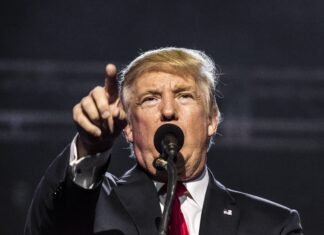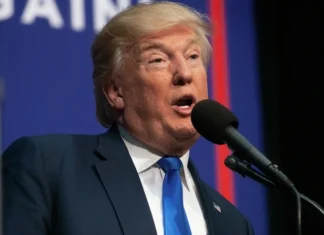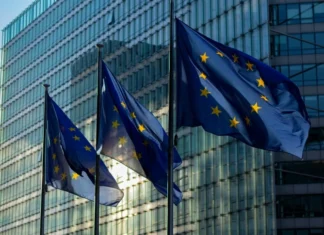The European Commission has unveiled an ambitious plan aimed at phasing out energy imports from Russia, including natural gas, nuclear energy, and liquefied natural gas (LNG), by the end of 2027. This initiative is part of the European Union’s broader strategy to ensure total energy independence from Russia. Officials in Brussels believe that reducing reliance on Russian energy sources is critical, particularly in light of geopolitical tensions and ongoing conflicts that have highlighted the risks associated with such dependency.
As part of this plan, the Commission intends to diversify energy supplies by exploring alternative partnerships and enhancing renewable energy production within EU member states. This multifaceted approach is designed to bolster energy security, foster economic resilience, and ultimately support the EU’s climate goals. By focusing on renewable energy sources and sustainable practices, the EU aims to establish a more robust energy infrastructure that can withstand external shocks.
However, not all member states are in favor of this drastic shift. Slovakia and Hungary have voiced their concerns, accusing the European Commission of potentially leading the region into an “economic suicide” and triggering a significant energy crisis. Both countries depend heavily on Russian energy supplies, and their economies could face severe repercussions if these imports are curtailed abruptly. They argue that a hasty implementation of the plan could jeopardize energy security and increase costs for consumers.
Critics of the Commission’s strategy fear that the transition may not be feasible within the proposed timeline. They emphasize the need for careful planning and strong support measures to ensure that the shifts do not disproportionately affect specific regions or sectors. The transition away from Russian energy sources is particularly sensitive for countries with fewer resources or alternative energy options.
Furthermore, the geopolitical implications of this strategy cannot be overstated. Russia has historically been a significant supplier of energy to Europe, and this plan signals a significant shift in the relationship between the EU and Moscow. By severing ties with Russian energy exports, the European Commission is taking a firm stand against Russian aggression and is signaling solidarity with Ukraine and other nations affected by the conflict.
In response to these developments, many EU member states are already exploring various strategies to fill the void left by Russian energy. This includes ramping up investments in renewable energy projects, expanding energy storage capabilities, and collaborating with allies such as the United States and other countries in the global market for natural gas and other energy sources.
The transition to a more independent energy framework presents both challenges and opportunities. While the potential downsides for some nations are considerable, the long-term benefits of reduced dependency on Russian energy could enhance the EU’s overall political and economic stability. The shift towards a greener energy model might also accelerate advances in technology and innovation, driving the EU closer to its climate objectives.
In conclusion, the European Commission’s plan to phase out Russian energy imports reflects a significant pivot in energy policy, shaped by contemporary geopolitical realities. As the EU navigates these complex dynamics, it must balance the urgency of the transition with the need for stability and economic viability for all member states. The coming years will be critical in determining how effectively the EU can achieve its ambitious goals while ensuring energy security for its citizens.






